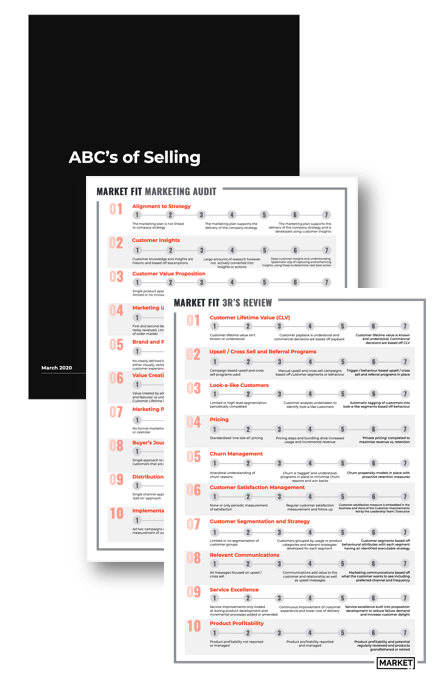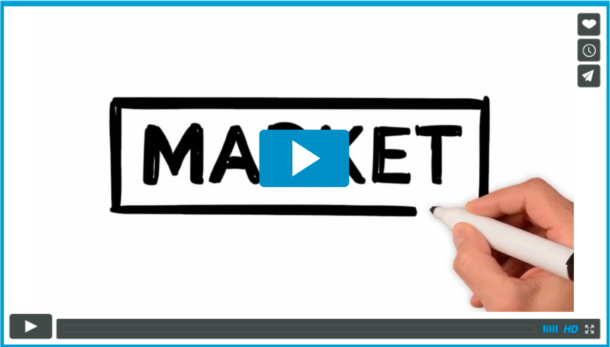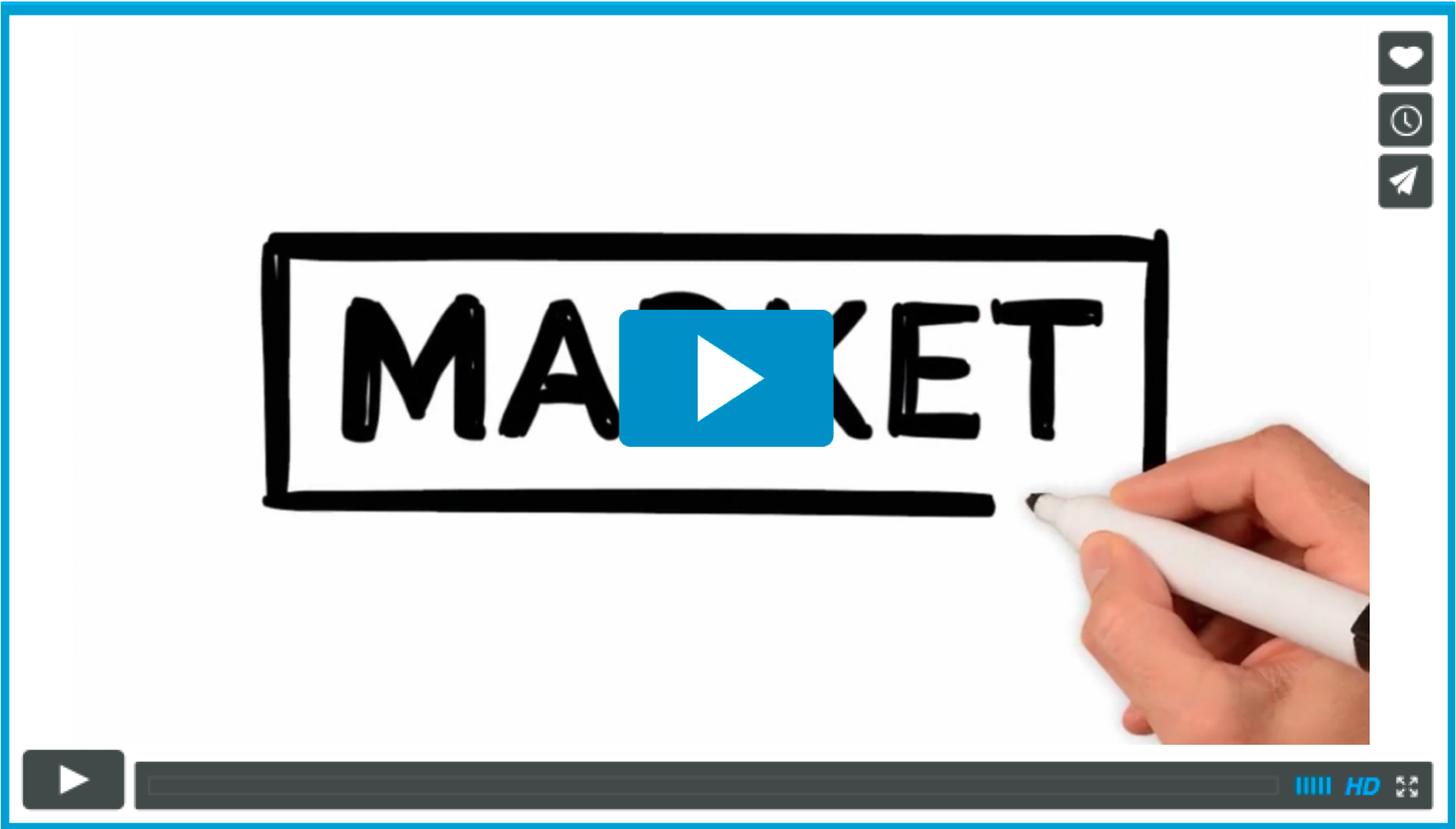There’s a lot of talk about leadership: dos and don’ts and being the kind of person this or that thinker says you ought to be. But will forcing yourself into a mould that doesn’t really fit who you are make you a great leader? Maybe it just makes you a good actor. What if we could make our personal and business decisions based on who WE are? Surely, the power of conviction will energize us and inspire others.
That’s a little off-piste for the standard topics of this blog and the topic Don Allerston got us thinking about during our recent CMO dinner. He directed us towards an article in the Harvard Business Review, and it is recommended reading for anyone who wants to rise above the humdrum.
Personal Purpose is… Personal
One of the things that struck me when I began thinking about personal purpose is that it’s not something you can wrap up in borrowed catchphrases. It’s not about your job; it’s about you and what’s unique about you.
Most important of all, it’s about your strengths and the things you love to do. On the surface, that might seem terribly up in the air but, in business and personal life, your strengths are the areas in which you excel. So instead of struggling along as you focus on your weaknesses and the things you’re less good at, why not focus on your strengths and the things you do very, very well?
Finding Your Personal Purpose
The interesting thing about exploring your personal purpose is that it very likely isn’t quite what you thought it would be. Nick Craig, president of the Authentic Leadership Institute, recommends that we undergo some deep reflection about who we are before we even begin to frame our personal purpose statements.
He suggests starting with three questions:
- When you were a child, what did you love doing? Think of a special memory and how you felt at the time.
- What challenges have you faced, and how did they influence who you are today?
- What do you enjoy doing right now?
Your personal purpose will spring from these thoughts.
To illustrate the concept, Craig tells us about an R&D manager who remembered spending a day hunting for frogs when she was a child. She remembers the personal sense of achievement she experienced when she finally found one. Her personal purpose statement? “To always find the frogs.”
Crucible moments are also important. These are the times when you “passed through the fire” and discovered strengths you never knew you had. They’re defining moments, and they’re life-changing ones.
And, of course, there’s the question of what you like doing right now – not in the workday world, but in your private capacity. That could be anything from watching martial arts movies to making plants grow.
Finally, Craig recommends using your colleagues, family, and friends as sounding boards for your personal purpose statement. You’re looking for a statement that makes them say: “That’s you!”
Using Personal Purpose to Soar to New Heights
Before we jog through the process of turning personal purpose into an actionable plan, let’s take a quick look at the table below. It brings home the big differences between planning to fulfill personal purpose versus run-of-the-mill development planning.
Table sourced from Harvard Business Review article
Your goal-setting exercise using this thinking will be very different to any goal-setting process you’ve been through before. It’ll focus on the things you will do to truly “live your purpose,” and it will clarify not only the “what” but also the “how.”
To get started, you’ll give yourself a comfortable time frame: three to five years. There’s a lot you can do in that amount of time, so you can be as ambitious as you like.
Next, you’ll start thinking about what you can do within two years. By now, you may not have fulfilled your most grandiose plans, but surely, you will be progressing towards your ultimate goal. What will this stage of your progression look like?
Now for the hard part: your one-year goals. It’s unlikely that absolutely everything you do will be aligned to your personal purpose. Craig suggests reframing things you do so that they do fit in with your personal purpose, at least in part, and adding new things that are completely aligned with your personal purpose.
Take-Home Thoughts
Our discussion on personal purpose was a thought-provoking one – so much so, that I could fill a page with take-home thoughts. But the ones that really stood out to me were:
- Each of us has a unique personal purpose. Only we can frame it, express it, and live it.
- Every one of us has unique strengths and has overcome unique challenges. It’s the strengths that helped us to do so that will be our greatest strengths as leaders.
- It’s important to love what you do. If you don’t, you either need to find a way to do it differently or move on to something else.
- Personal purpose applies to everything we do, both in our personal and professional lives.
- Knowing our personal purpose and working towards its fulfillment is a never-ending process. But that doesn’t mean we should never begin.
KS





